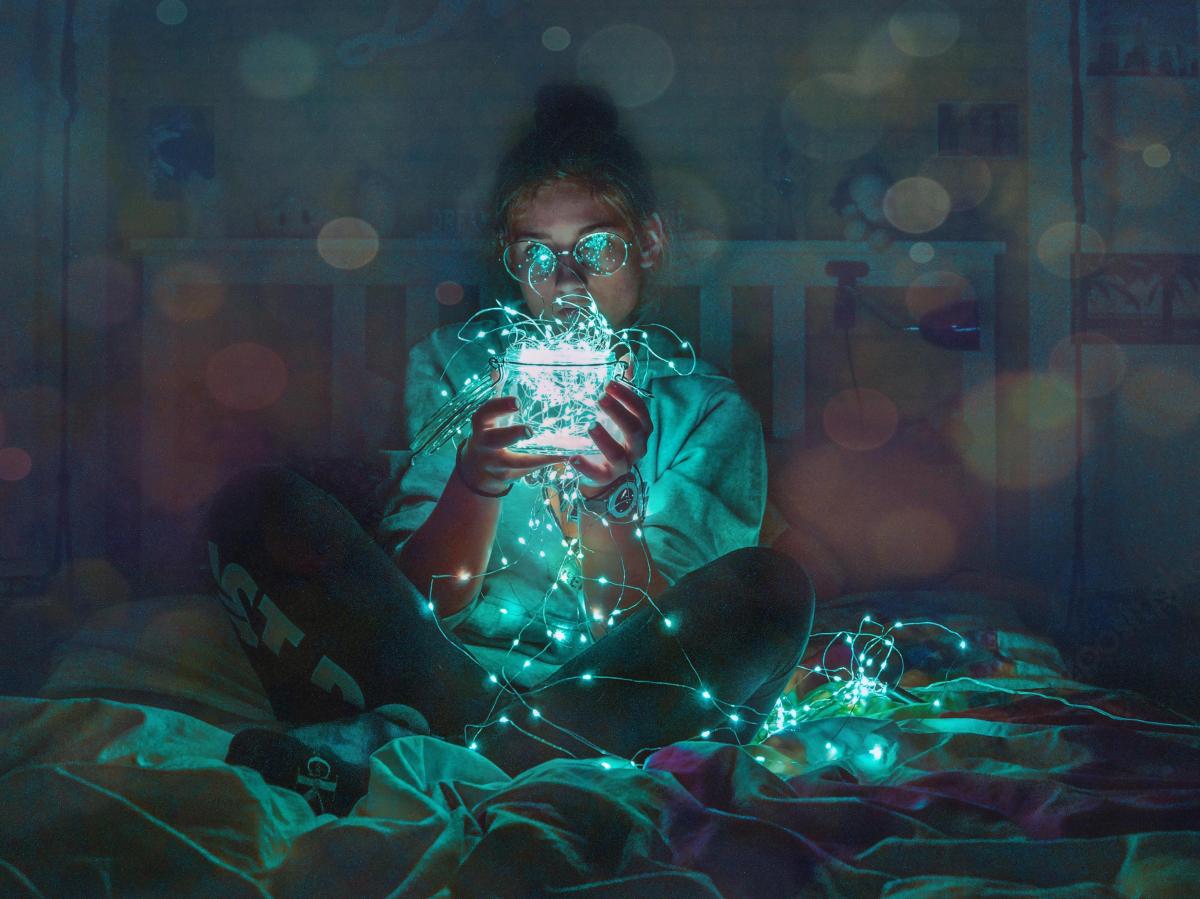No more lonely geeks as more than half of Australian parents said gaming actually helped their children’s confidence and was integral to their education. Image via Unsplash.
The Digital Australia Report 2020 (DA20) has become a regular health check for the games industry. This year – the eighth report commissioned by the Interactive Games and Entertainment Association (IGEA) – shows the industry is in a stable condition despite other screen industries like traditional television shrinking. The IGEA commissioned the study through Bond University’s Professor Jeffrey Brand, which has become a regular fixture in the games industry calendar, with many key statistics remaining steady or nearly unchanged from last year’s report.
In a nutshell games are here to stay with strong Australian audiences:
- 2/3 of Australians playing video games
- The average age of video game players is 34 years old
- Almost half of gamers are female.
More interesting is the statistic that 21% of households have a virtual reality (VR) headset. This confirms my conjecture that VR was likely to only occupy a niche in the marketplace, but a potentially lucrative one.
Games get serious
Another change is this year’s focus on the utility of video games, an area known broadly as ‘Serious Games’:
- 85% say video games can help thinking skills
- 58% say video games may help manage pain
- 87 per cent of older Australians use games for mental stimulation with 81 per cent see it as a way to ward off dementia
- half of parents say their children’s schools use video games for education
- 61% of parents believe video games can give students greater confidence at school.
For somebody who researches and writes reports to inform government policy in the creative industries, this emphasis is a welcome development. Readers of my earlier article How do we monetise this? or my work website will know I frequently discuss a new paradigm of media caused by the internet, and its ramifications for small content creators, as well as for government policy relating to the Australian creative industries.
Big opportunities for Australian industry
Because Australia’s games industry is small in global terms, it should focus on niche, competitive advantages to overcome its disadvantages in terms of lack of economies of scale (or more simply, lack of scale).
Areas I personally see Australia as having global competitive advantages in are those that leverage our strengths in education, health and defence. Examples can be seen in local developments such as the Sound Scouts app, which uses game design to tackle hearing testing for children aged 5 or older, and Bohemia Interactive’s world-class military simulators.
Note, all of these niches ride off the back of decades of significant government support for the base industry (education, health and defence). It does not take a genius to wonder if other areas of interest for development may also have received considerable government support, such as funding for First Nations content, female-led content and content by Culturally and Linguistically Diverse (CALD) members of the Australian community.
If video games were to follow the way of the rest of Australian screen funding, the arguments would need to include some cultural aspect (eg. telling Australian stories), rather than a purely economic one. However, on this latter point, one key statistic from the report stands out:
¾ of adults believe making video games in Australia benefits the economy.
The Digital Australia 2020 report is available at the IGEA website.
Disclaimer: The opinions expressed here are the personal opinions of Yen Yang, and not the opinions of BYP Group, or its clients.





